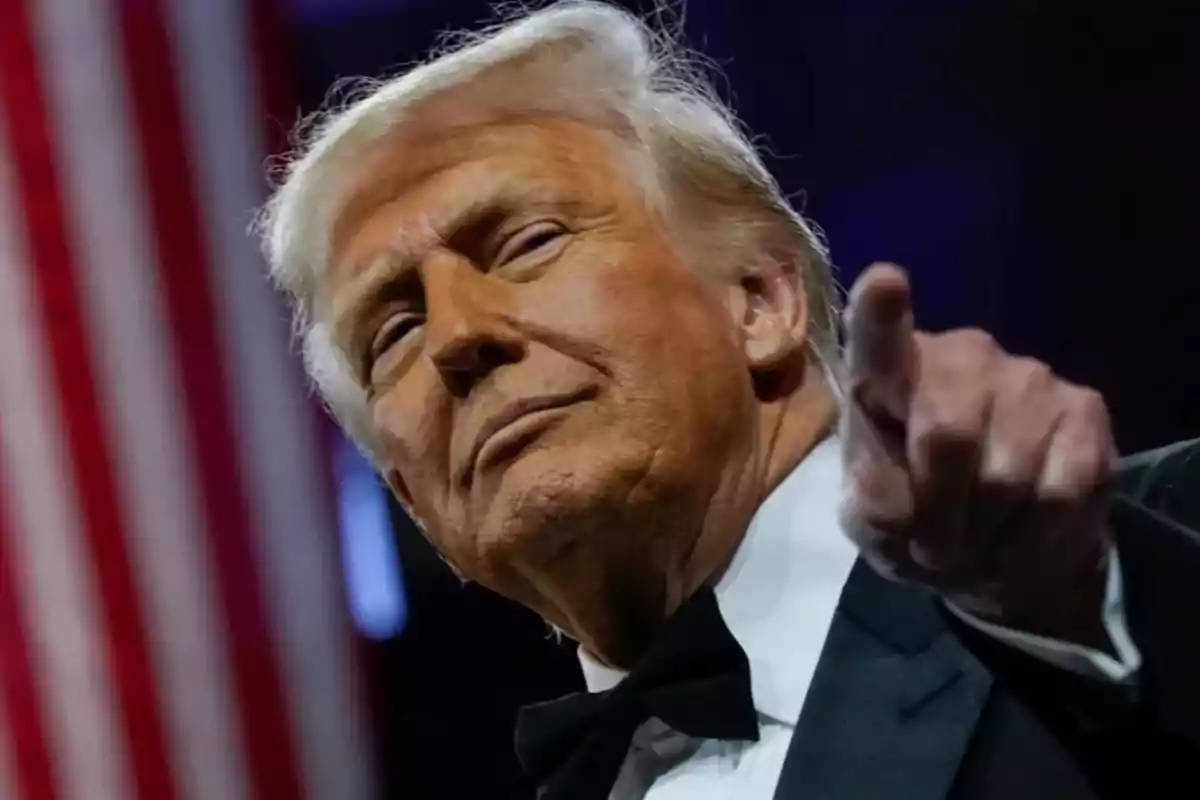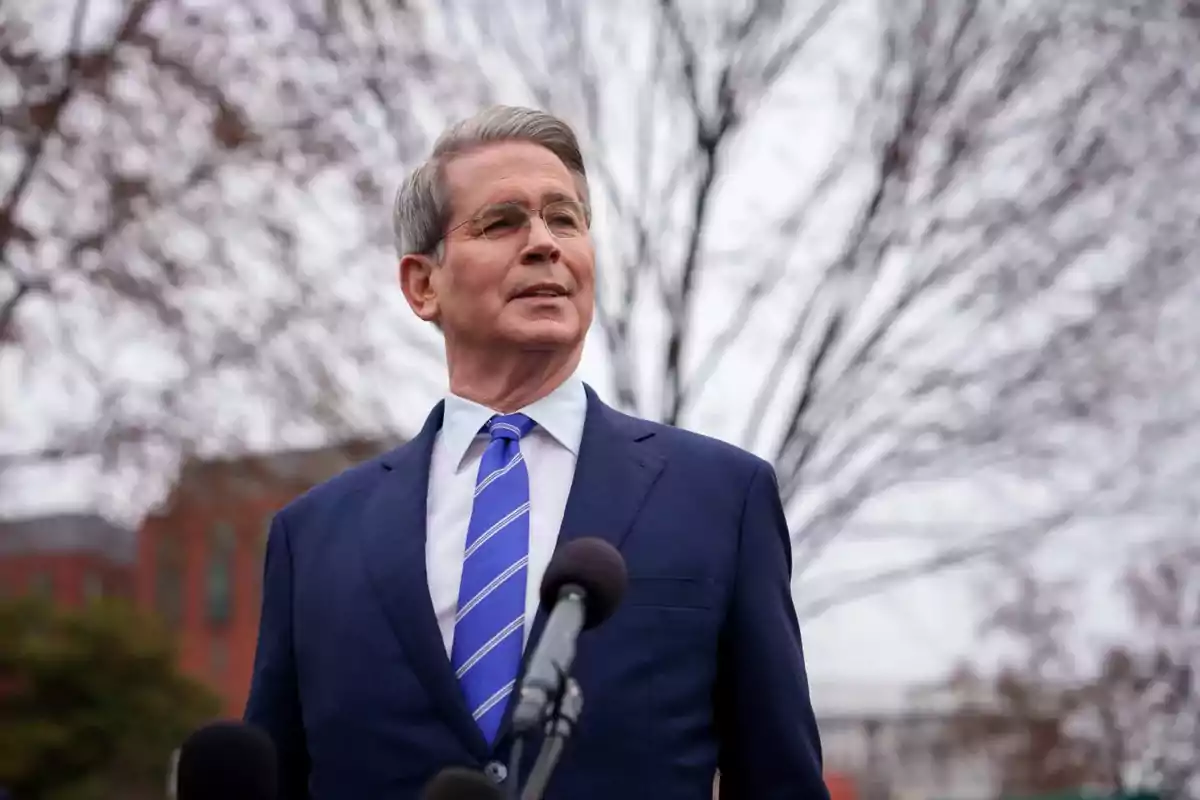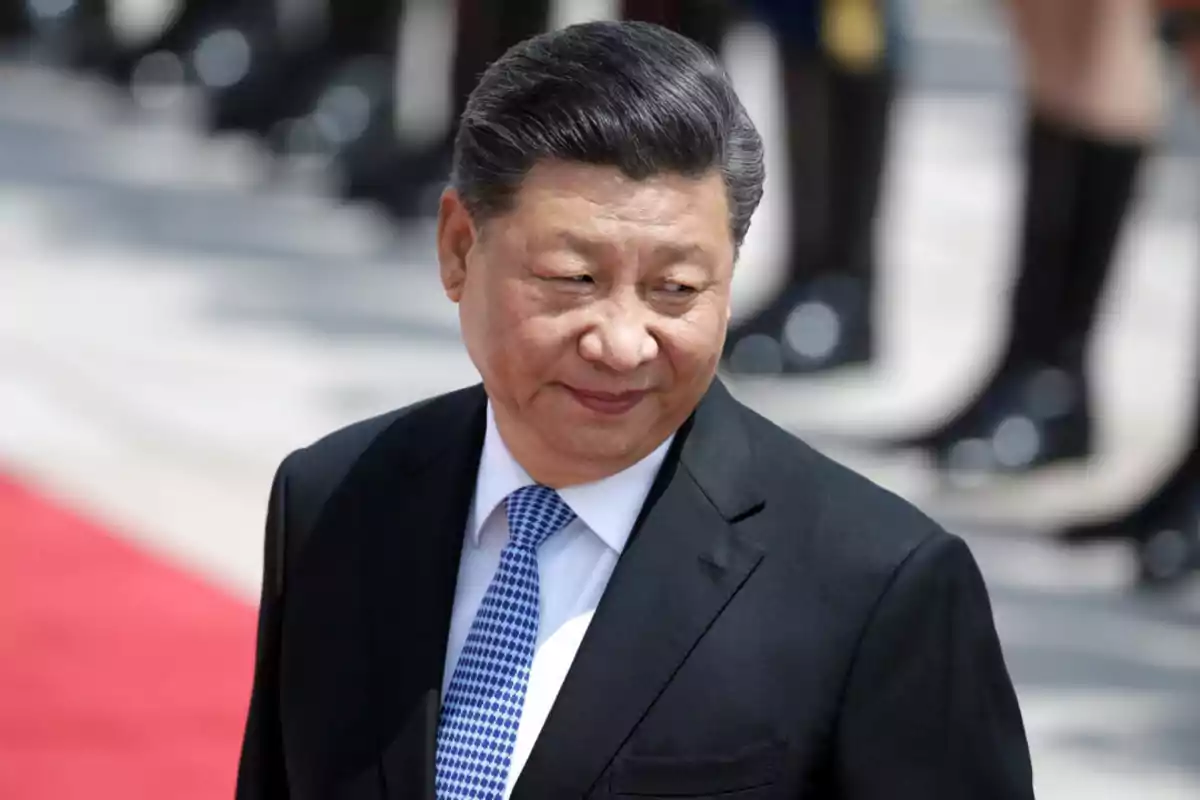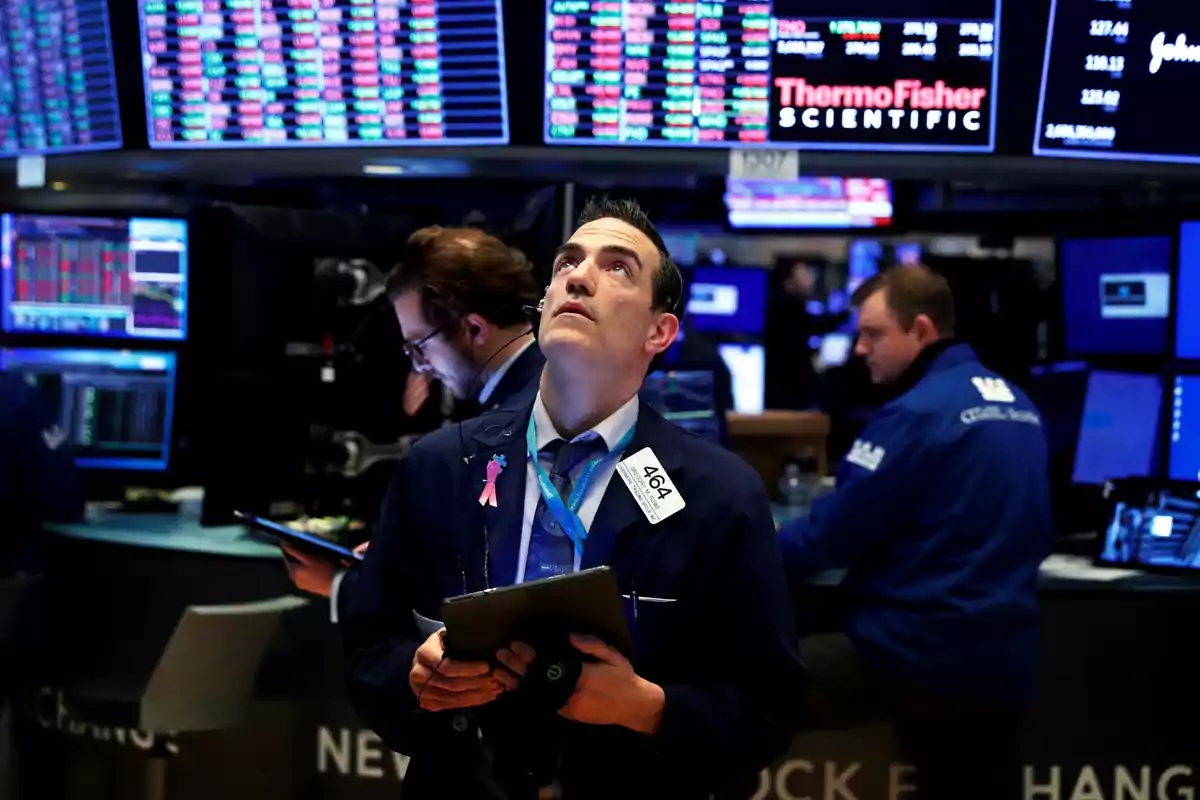
Trump applied 125% tariffs to China and suspended their application to the rest of the world.
The United States government raised the import duty rate on China to 125% and suspended tariffs for the rest of the world, maintaining them at 10%
The President of the United States, Donald Trump, announced that he will increase the import duty rate on China to a total of 125% following the regime of Xi Jinping raising theirs.
Meanwhile, the Republican administration announced that it will suspend the application of tariffs for the rest of the countries in the world for 90 days. This means that the rest of the countries will maintain the minimum of 10% import tariffs.
The United States Secretary of the Treasury, Scott Bessent, spoke to reporters outside the White House following Trump's announcement about implementing a 90-day pause on tariffs for most countries, except for China, which will have its tariff increased to 125%.
During his statements, Bessent indicated that countries that do not retaliate against the tariffs imposed by the United States will be "rewarded." He also emphasized that the increase in tariffs on China is due to its "insistence on escalating" trade tensions.

Trump's announcement caused a notable increase in global markets, with the S&P 500 registering a 5.6% rise and the Nasdaq a gain of over 8%.
Trump correctly argued that the decision to increase tariffs on China is due to the lack of respect that the Asian country has shown toward global markets.
In his statement, Trump also highlighted that more than 75 countries had requested the United States government to initiate negotiations on trade, trade barriers, currency manipulation, and non-monetary tariffs.
Because these countries did not retaliate, Trump authorized the 90-day pause and the reduction of reciprocal tariffs to 10% as a measure to encourage negotiations. However, he also warned that negotiations would be a long task and that solutions would be tailored to each specific case.

Financial markets reacted with volatility to the escalation of the trade war, especially the stock market in the United States. However, following Trump's announcements, they recorded strong gains again.
Although technology stocks led the increase, with companies like Apple and Nvidia rising 3.3% and 2% respectively, the Dow Jones Industrial Average fell 161.21 points, or 0.43%.
The Nasdaq Composite, on the other hand, gained 58.83 points, or 0.39%. Despite the volatility, markets were driven by optimism that the pause in tariffs could reduce trade tensions and facilitate negotiations.

Bessent assured that solutions are being worked on through negotiations with trade partners, aiming to reach agreements that benefit all parties involved. The Secretary of the Treasury also mentioned that President Trump is personally involved in the negotiations, which requires time to reach individual solutions for each country.
In a subsequent press conference, White House spokeswoman Karoline Leavitt defended Trump's decisions, stating that "when the United States is attacked, President Trump will respond with more force."
More posts: